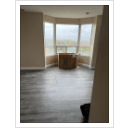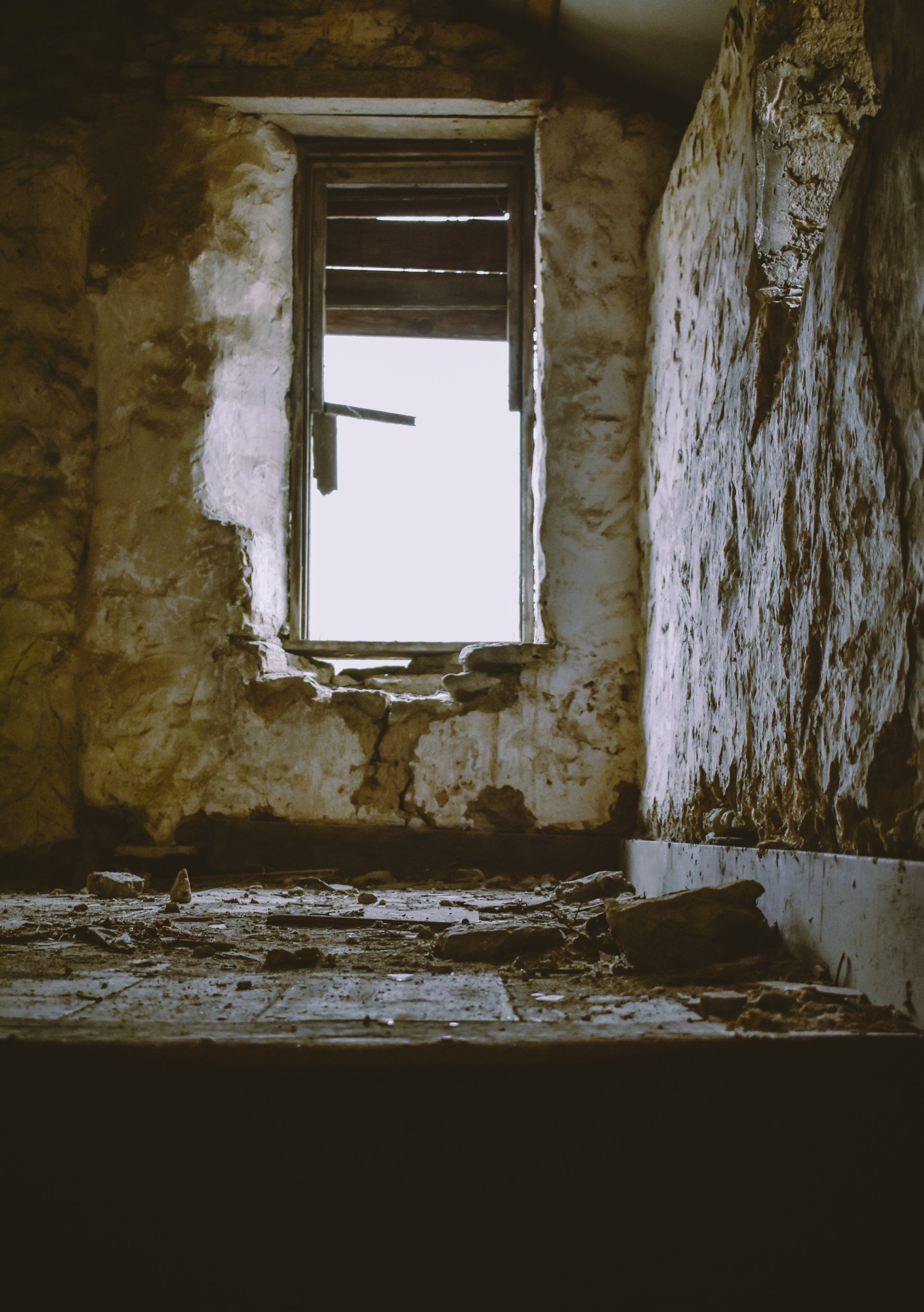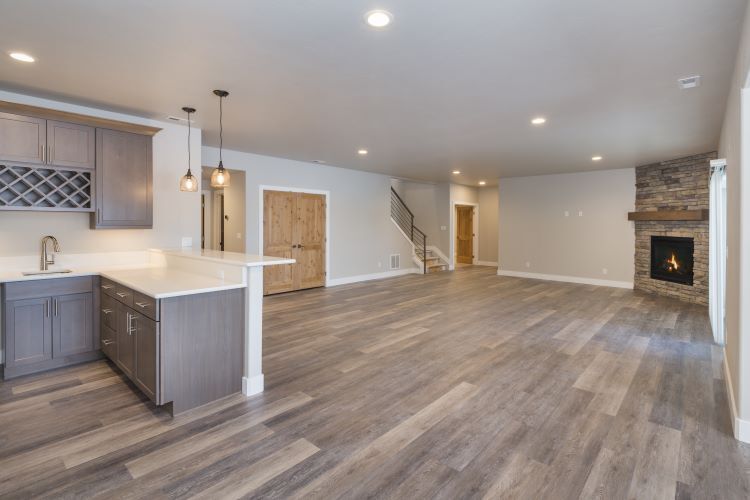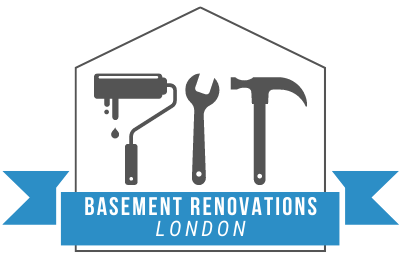Transform Your Basement with These Popular Flooring Ideas
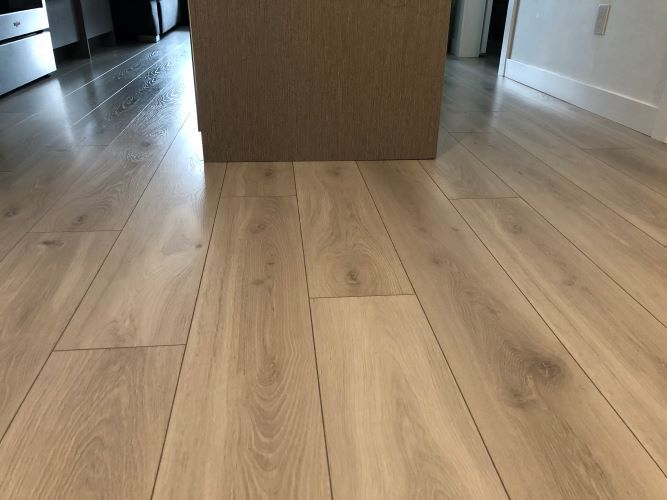
If you’re looking to renovate your basement, flooring is one of the most crucial decisions you’ll make. The right flooring not only transforms the look and feel of your basement but also ensures functionality and longevity, especially in spaces that are prone to moisture and temperature fluctuations. At Basement Renovations London, we understand the importance of choosing the best flooring options to suit your lifestyle and design preferences. Here are some popular basement flooring ideas that will transform your space into a comfortable, stylish area.
1. Luxury Vinyl Plank (LVP)
Luxury Vinyl Plank is one of the most popular choices for basement flooring, and it’s easy to see why. LVP mimics the look of hardwood flooring but is far more resilient to moisture and temperature changes, making it perfect for basements. It’s available in a variety of finishes, from rustic wood looks to sleek modern styles.
- Pros: Water-resistant, durable, and easy to install.
- Cons: Somewhat softer than hardwood, so it may show dents or scratches.
2. Carpet
For those seeking warmth and comfort, carpet is an excellent choice for basement flooring. It provides a cozy atmosphere, making it ideal for family rooms, play areas, or home theaters. Choose moisture-resistant, low-pile carpets to avoid mold and mildew in basements.
- Pros: Warm, soft, and sound-absorbing.
- Cons: Susceptible to moisture if not properly maintained or installed with water-resistant padding.
3. Engineered Hardwood
Engineered hardwood offers the classic beauty of hardwood flooring but is designed to withstand the unique conditions of basements. Made with a real wood veneer and a core of plywood, this flooring option is more stable than solid hardwood in areas prone to moisture and temperature variations.
- Pros: Elegant appearance, adds value to your home, and more moisture-resistant than traditional hardwood.
- Cons: More expensive than other options and still sensitive to high moisture.
4. Tile Flooring
Tile is a timeless choice that works particularly well in basements due to its water resistance and durability. Both ceramic and porcelain tiles are available in various designs, from wood-look tiles to marble finishes, giving you endless aesthetic options. Tile flooring is especially useful in basements with high moisture levels or as part of a finished bathroom or kitchen.
- Pros: Water-resistant, durable, and available in a wide range of styles.
- Cons: Cold and hard underfoot unless radiant heating is installed beneath the tiles.
5. Epoxy Flooring
Epoxy flooring has become a trendy choice for modern basement renovations. This option is typically seen in garages but is making its way into residential basements due to its sleek, high-gloss finish and incredible durability. Epoxy can also be customized with color and texture options to suit your design preferences.
- Pros: Highly durable, moisture-resistant, and easy to clean.
- Cons: Can be slippery when wet and requires professional installation.
6. Rubber Flooring
Rubber flooring is an unconventional but practical choice for basements, especially if you’re looking to create a home gym or playroom. It’s soft, cushioned, and slip-resistant, providing a safe and comfortable surface for active spaces.
- Pros: Soft underfoot, moisture-resistant, and ideal for gym areas.
- Cons: Limited design options and can have a rubbery smell initially.
7. Stained Concrete
For a modern and industrial look, stained concrete can be an excellent option. Concrete floors can be polished, stained, or painted to give a high-end finish that looks great in modern homes. It’s a durable option, easy to clean, and moisture-resistant—perfect for basement environments.
- Pros: Cost-effective, durable, and customizable with different finishes.
- Cons: Hard underfoot and can feel cold without radiant heating.
8. Laminate Flooring
Laminate flooring has come a long way in terms of durability and design. It’s a great cost-effective alternative to hardwood, offering a similar appearance at a fraction of the cost. However, it’s important to choose water-resistant laminate specifically designed for basements to avoid warping or swelling from moisture.
- Pros: Affordable, easy to install, and available in a wide range of styles.
- Cons: Susceptible to moisture damage if not properly sealed.
Choosing the Right Flooring for Your Basement
When selecting flooring for your basement, it’s essential to consider the following factors:
- Moisture Resistance: Since basements are more prone to moisture, water-resistant flooring options like luxury vinyl, tile, or epoxy are generally preferred.
- Comfort: If your basement is being transformed into a living space, carpet or rubber flooring can provide warmth and comfort underfoot.
- Aesthetics: The design and style of your flooring can dramatically change the look of your basement. Choose a finish that complements your overall vision for the space.
- Durability: Basements often serve as multi-functional spaces. Whether you’re creating a gym, office, or family room, ensure your flooring can withstand regular use and wear.
Let Basement Renovations London Help You Choose the Perfect Flooring
At Basement Renovations London, we have years of experience helping homeowners in London, Ontario, transform their basements into functional, beautiful spaces. We understand the unique challenges of basement environments and can recommend the best flooring options to suit your needs and preferences.
If you’re ready to take your basement renovation to the next level, contact us today for a consultation. Let’s make your basement a space you’ll love!
You might also like
